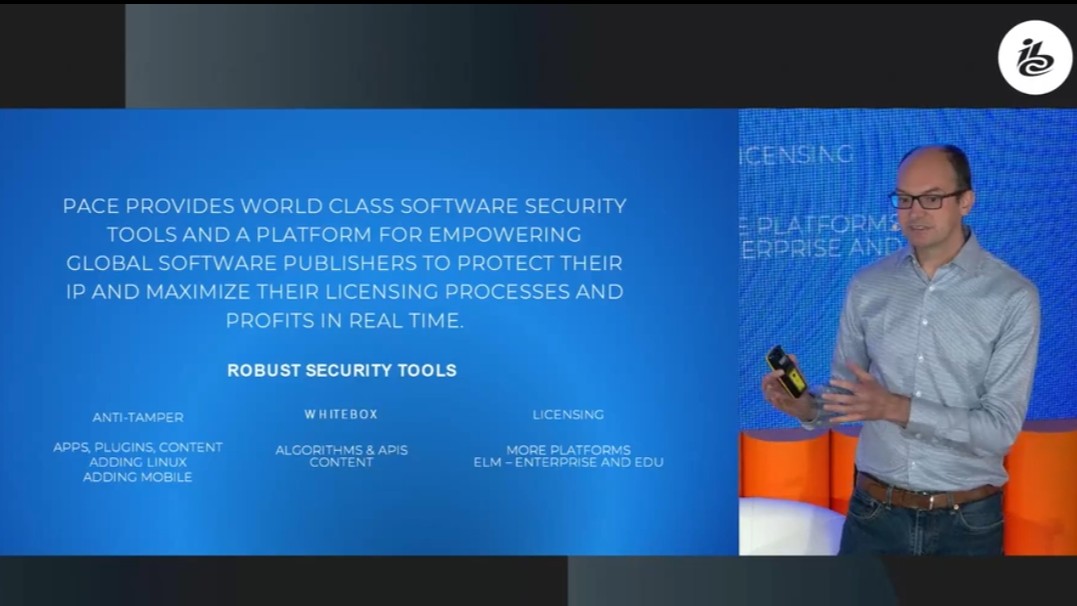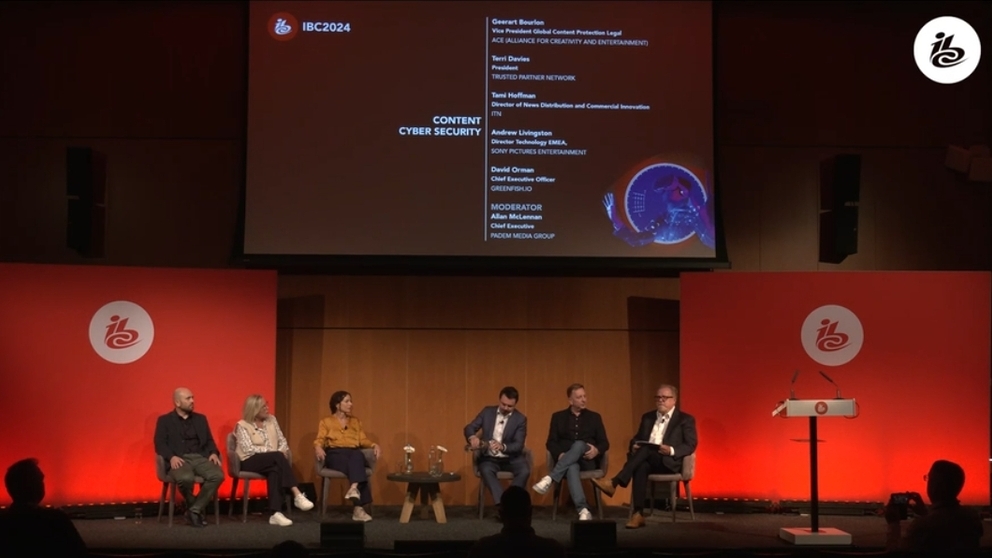The ongoing challenges presented by illicit streaming and the disappointments of the recent EU Digital Services Act are among the issues currently concerning AAPA Executive VP Sheila Cassells, writes David Davies.
Prior to joining the Audiovisual Anti-Piracy Alliance (AAPA) in 2011, Sheila Cassells was a member of Sky’s top 100 leadership team and the senior executive responsible for a broad range of EU policy matters, including technology spectrum, copyright, content, piracy, the environment, taxation and employment.
As she revealed in this interview, Cassells plans to step down from her role as AAPA Executive Vice-President at the end of this year. But before that, she shared her views on the most significant current piracy challenges to content creators, the AAPA’s ongoing cooperation with organisations including Europol and INTERPOL, and the notable omissions in the EU’s recent Digital Services Act.
How would you characterise the current severity of audio-visual piracy worldwide, and could the problem be said to have become markedly worse during the past few years?
Piracy continues to cause considerable harm to...
You are not signed in.
Only registered users can view this article.

Owning the delivery: Unleashing DTC’s full potential
Direct to Consumer (DTC) broadcasting is such a big deal that it’s almost become a cliché to talk about it. But while it is busy turning the traditional media landscape on its head, is it really fulfilling its full potential or is there more to be done to create truly personalised experiences? Kevin Emmott finds out.
.jpg)
Enginelab and the new breed of cloud post-producer
It takes a brave soul to launch a new VFX facility given the meltdown at one of the industry’s largest, but creative entrepreneurs conversant with cloud economics are confident that there are excellent opportunities to be grasped.

Audience-aware streaming and the sustainability challenge
With the sustainability of streaming climbing higher on the industry agenda, Ateme is proselytising the benefits of an audience-aware approach, as Dan Patton, the company’s VP Product – Origination and Delivery, explains to IBC365.

Saleha Williams: ‘The industry is changing and IABM needs to as well’
The recently appointed CEO of the International Trade Association of Broadcast & Media Technology (IABM), Saleha Williams, has combined creative, commercial and technological interests in media throughout her career. As David Davies discovers, this means she is ideally placed to deliver “transformational change” at IABM.
.jpeg)
Juno Innovations to bring VFX at scale closer to home
Moving VFX workflows to the cloud has proved challenging, but a US-based startup could be about to change that. Adrian Pennington reports.




